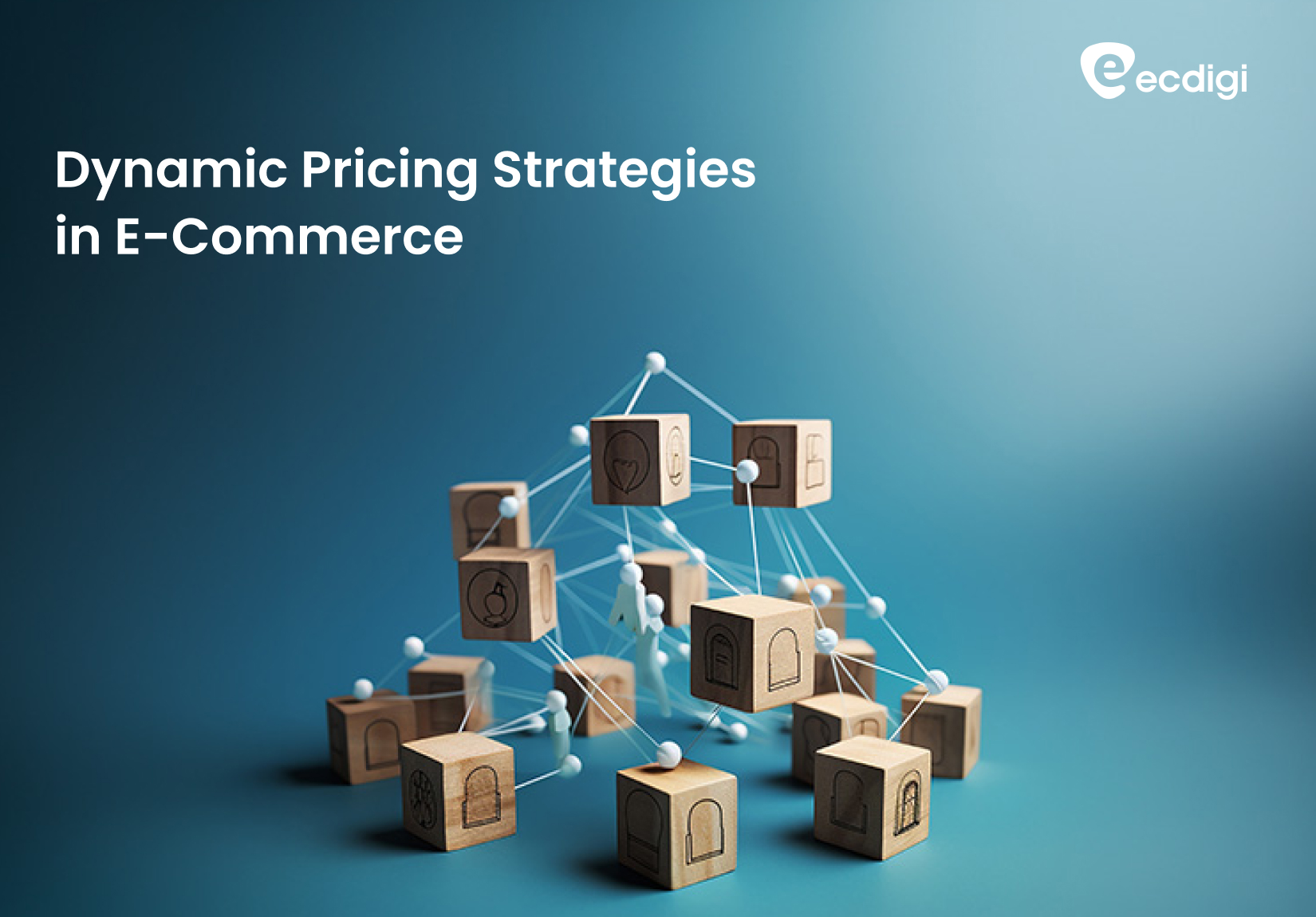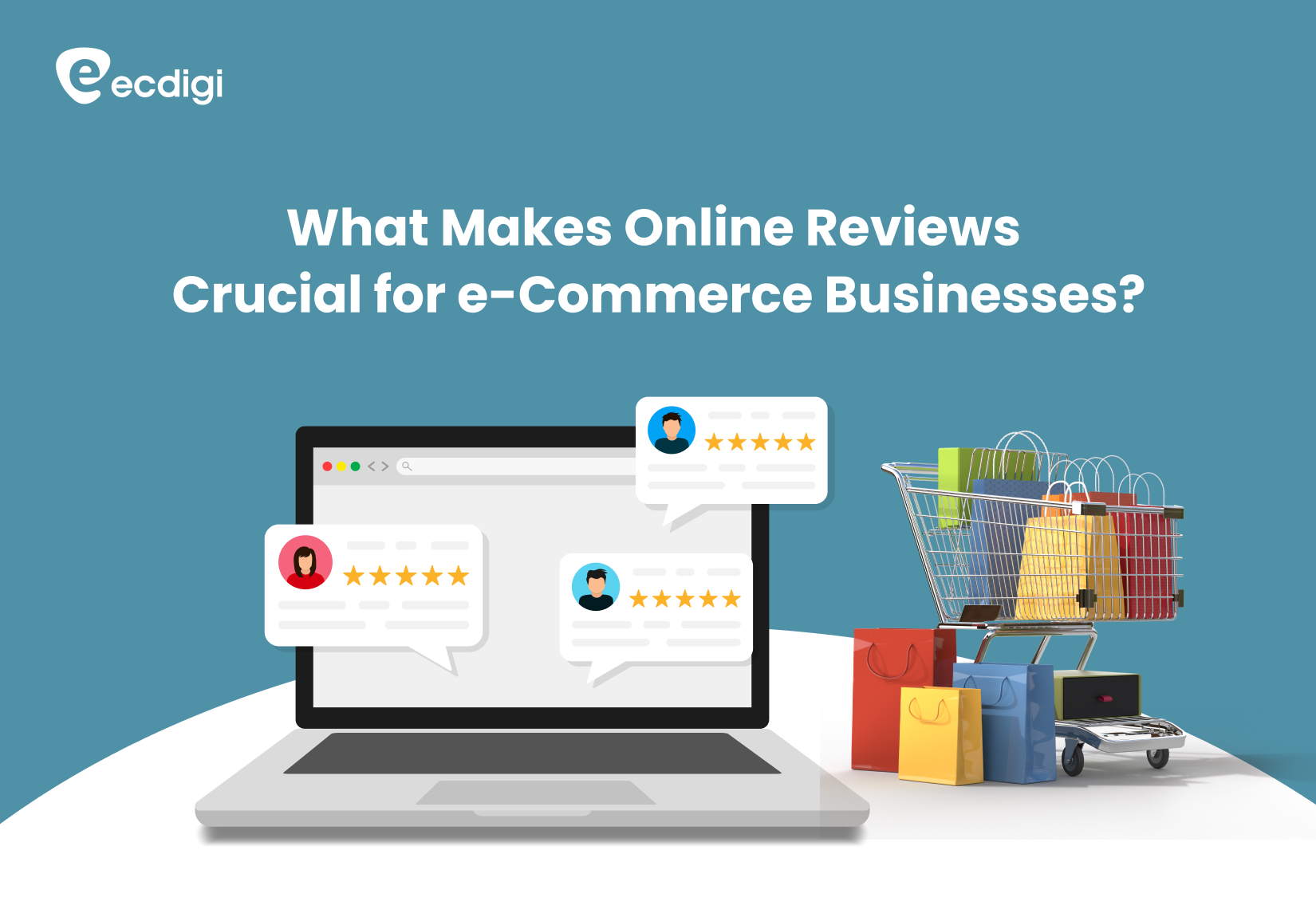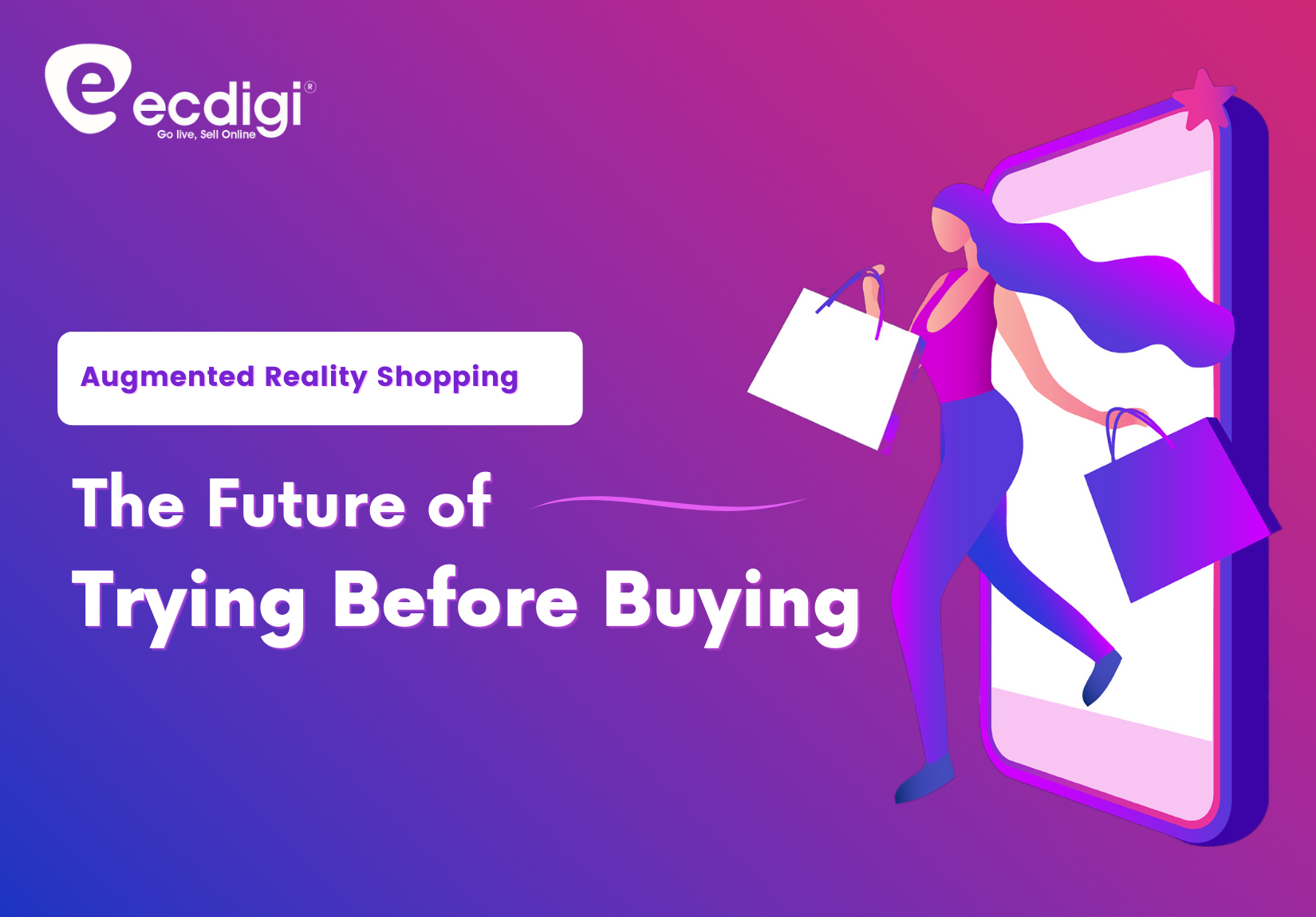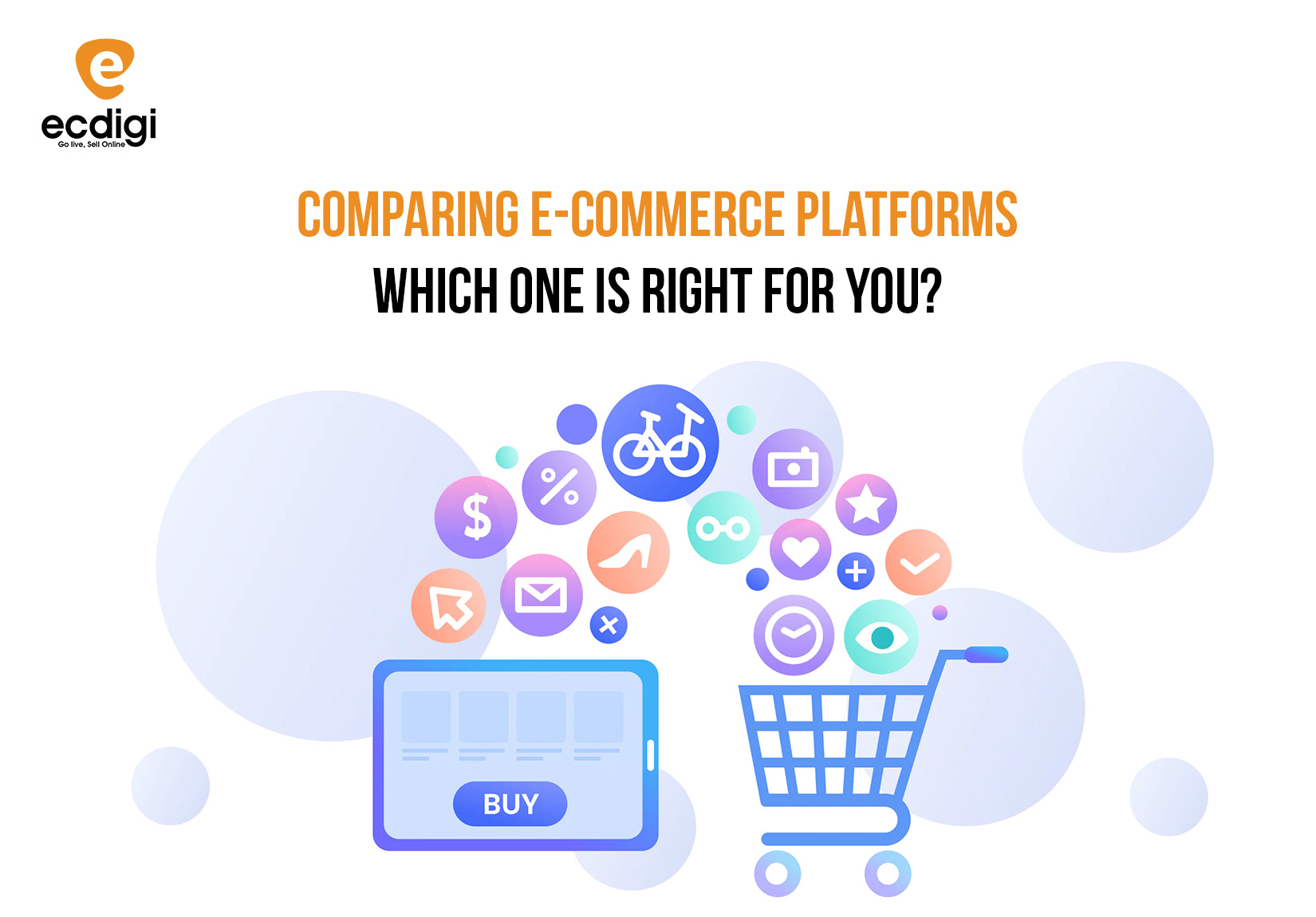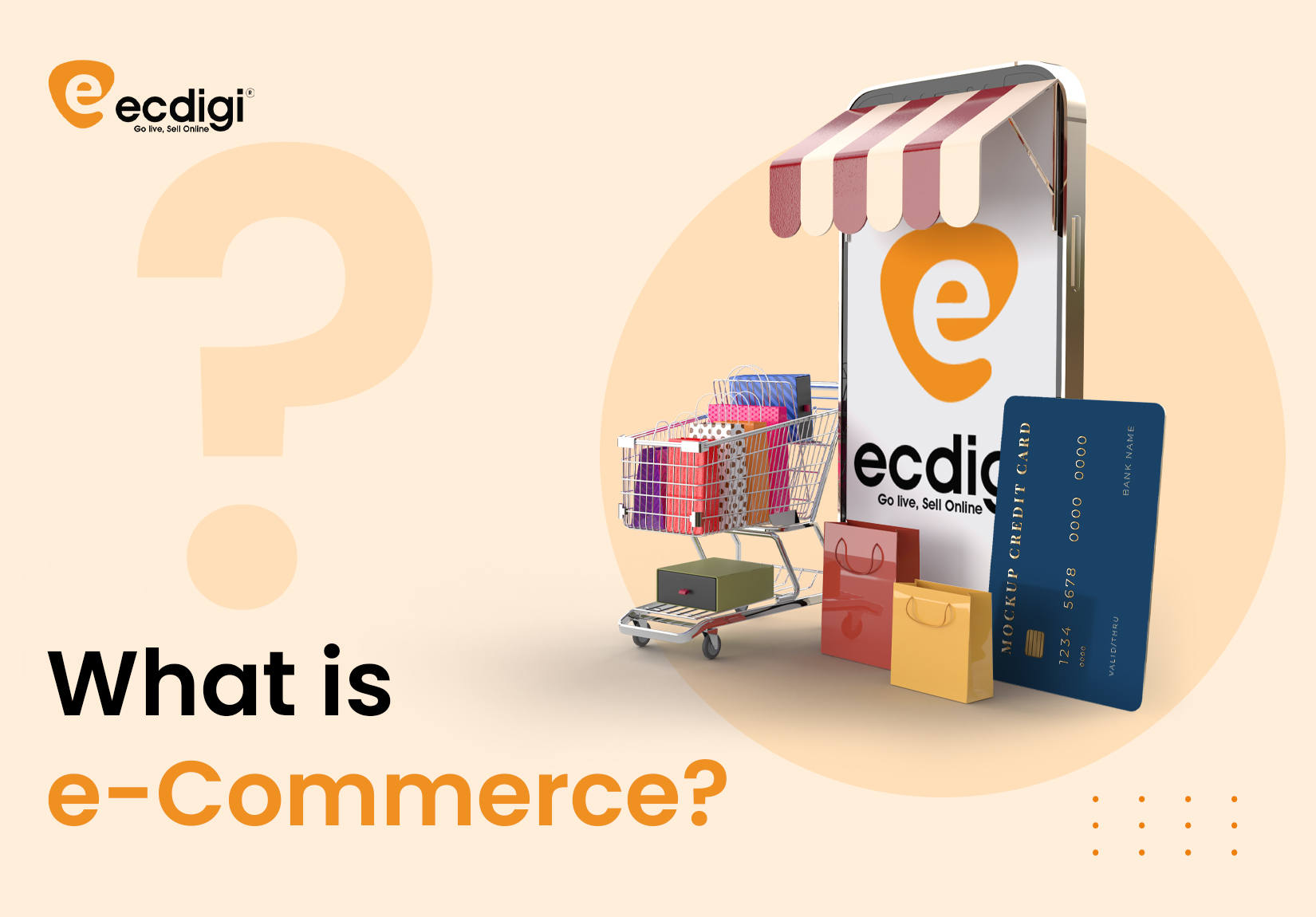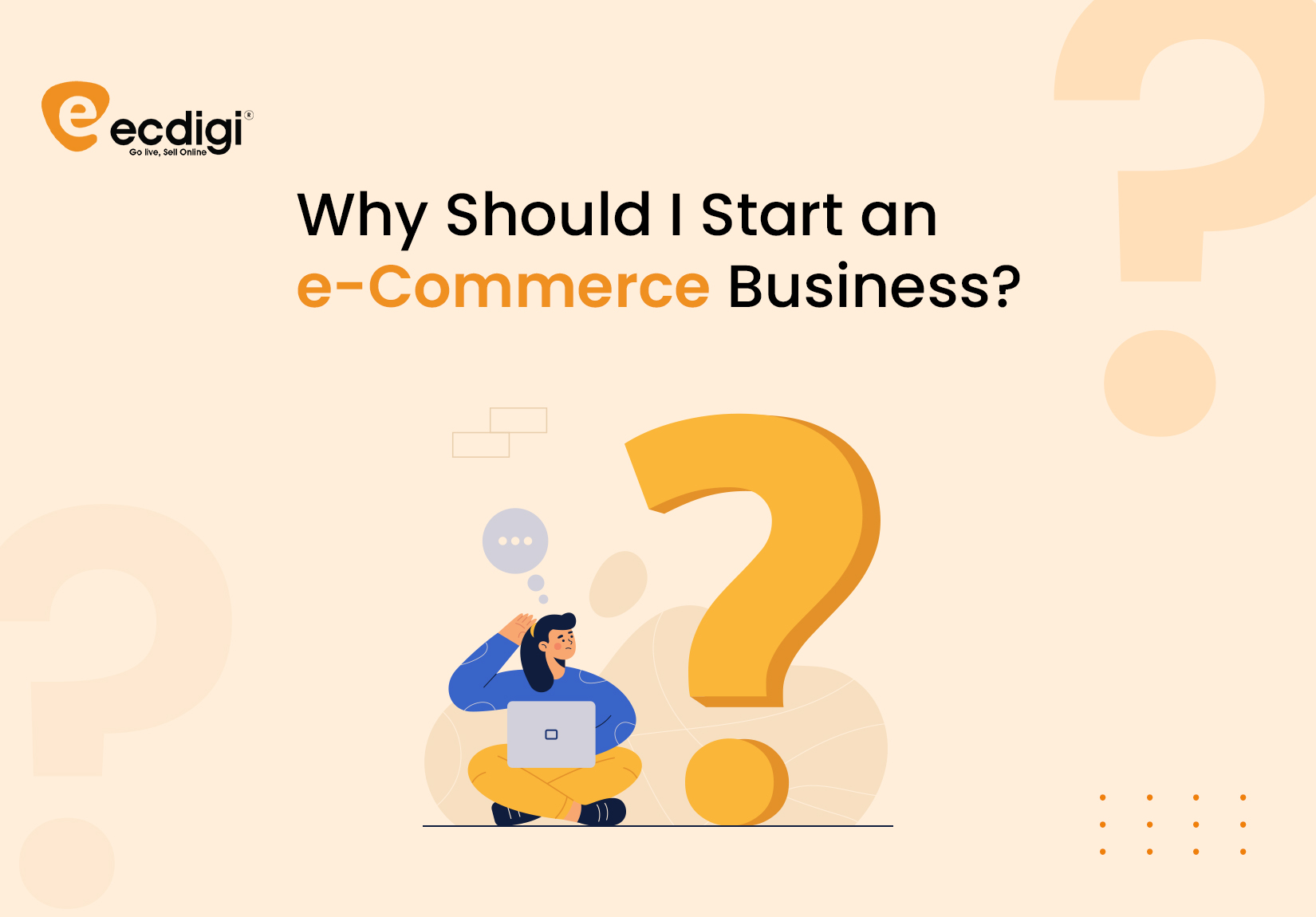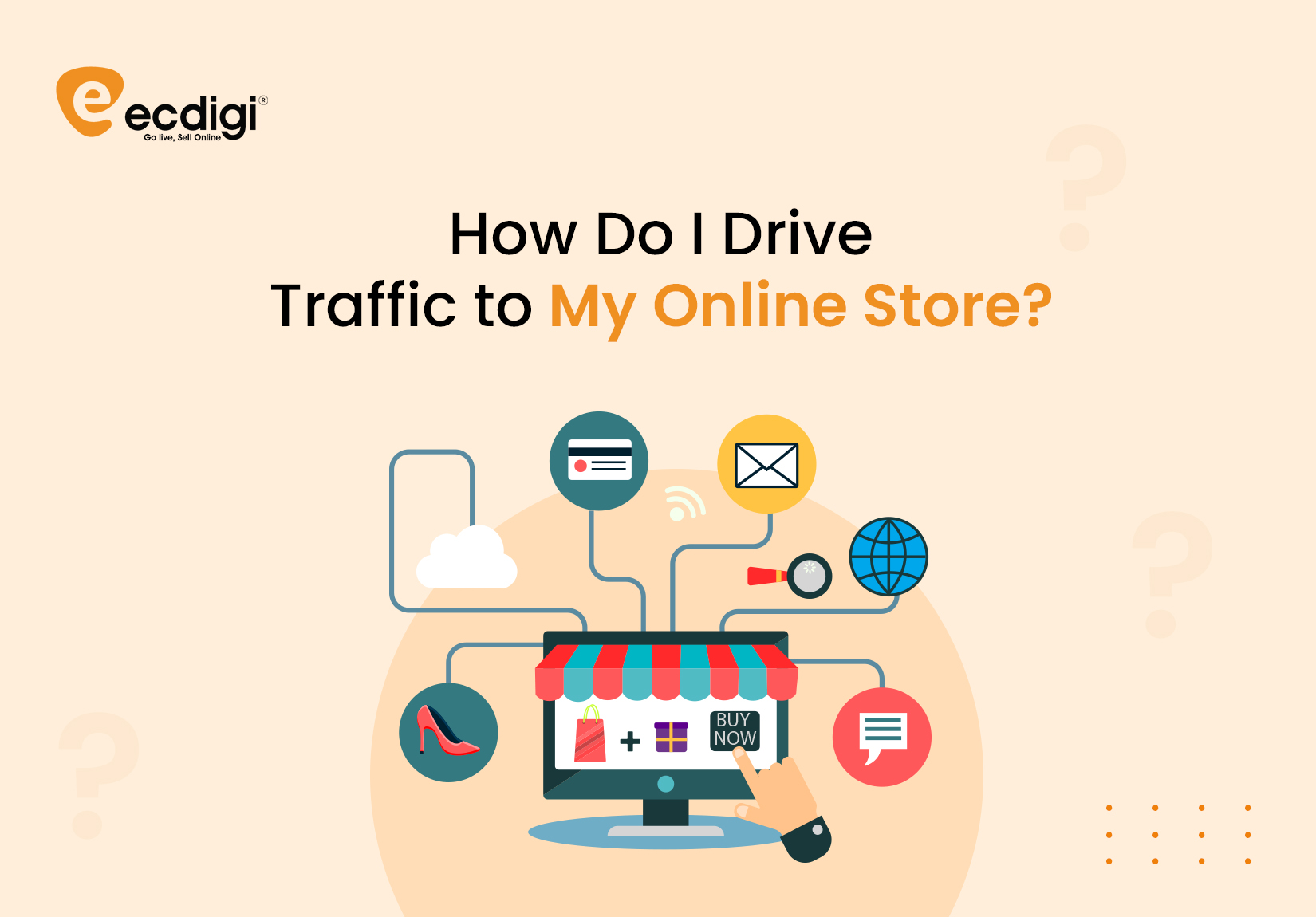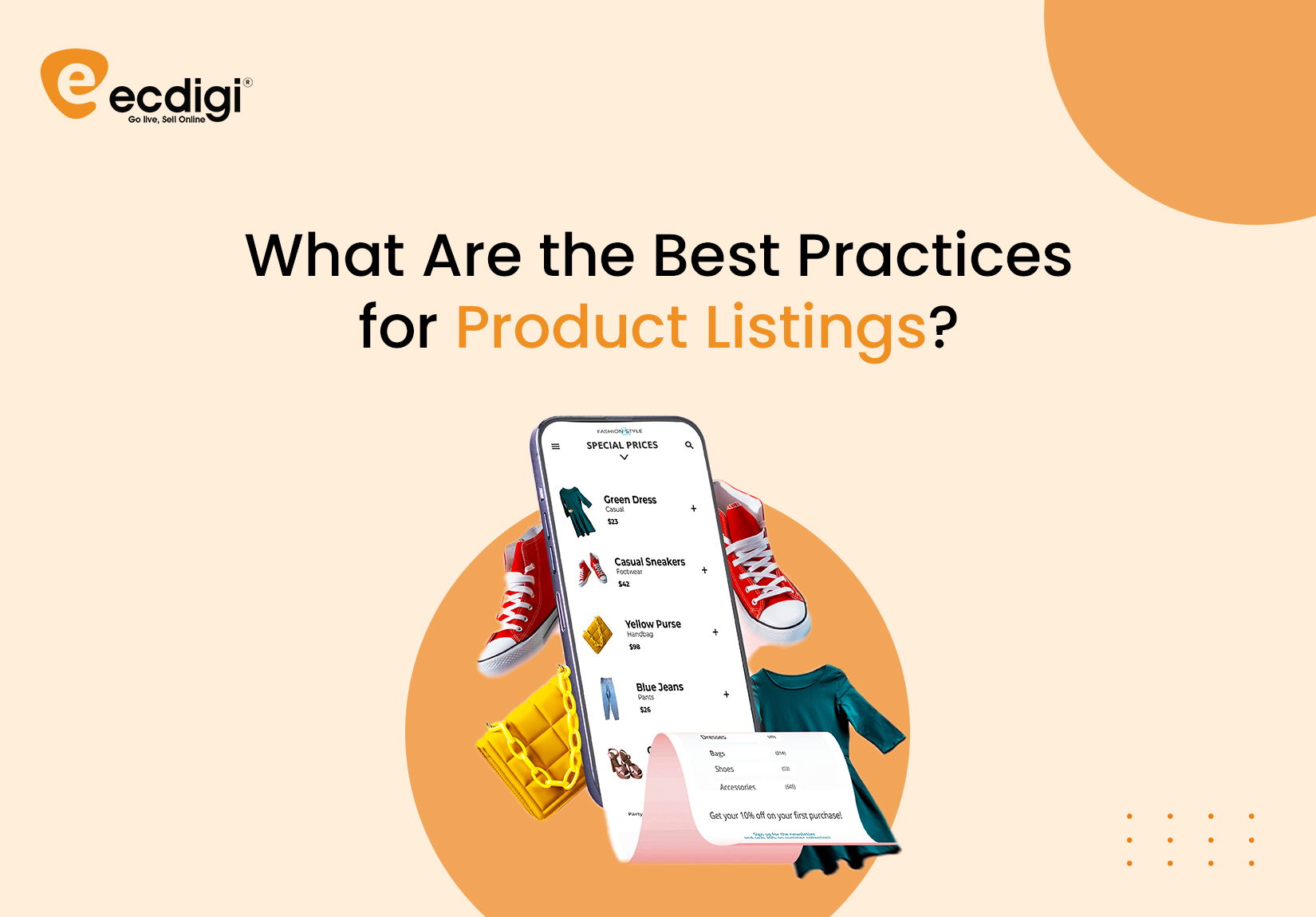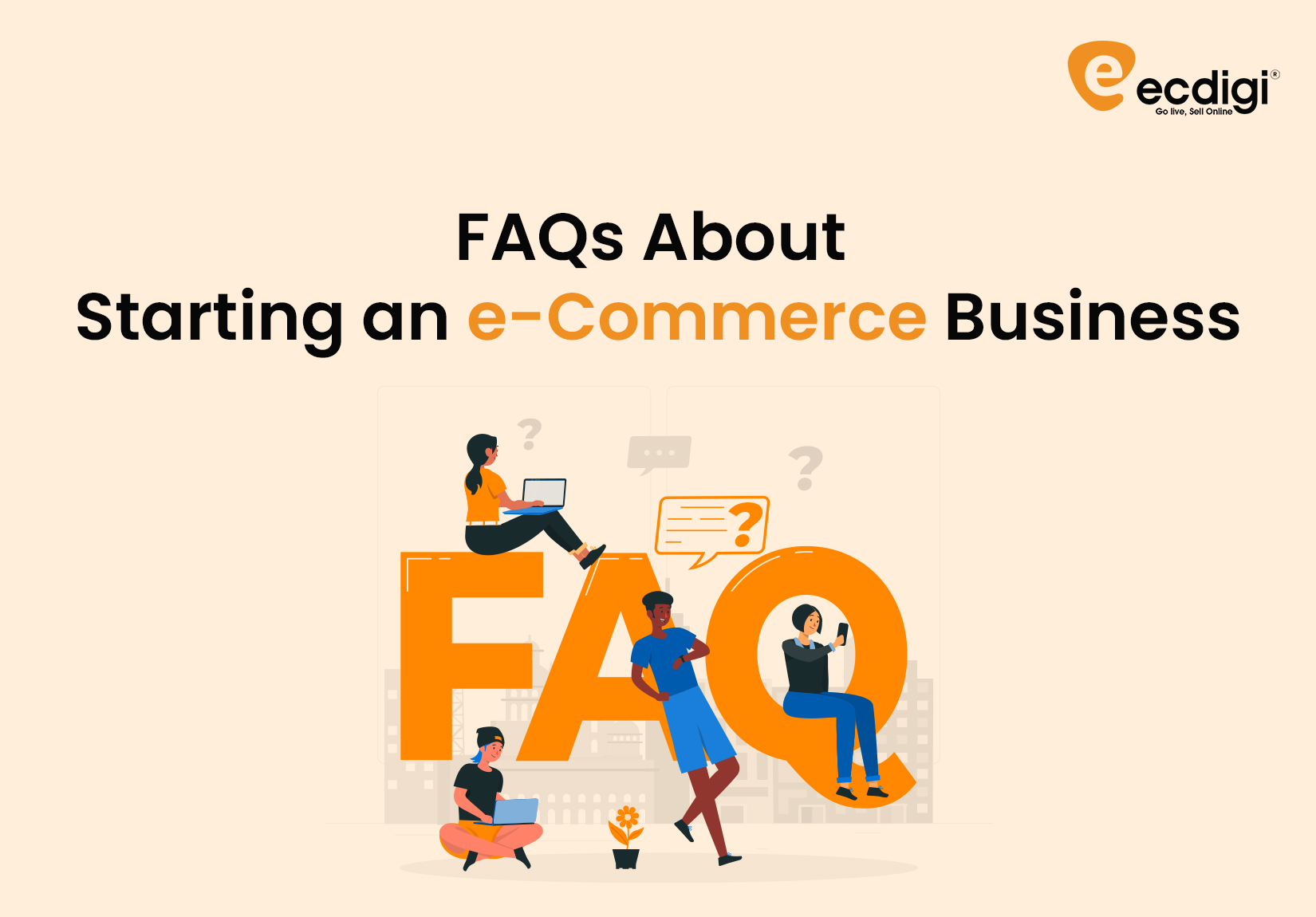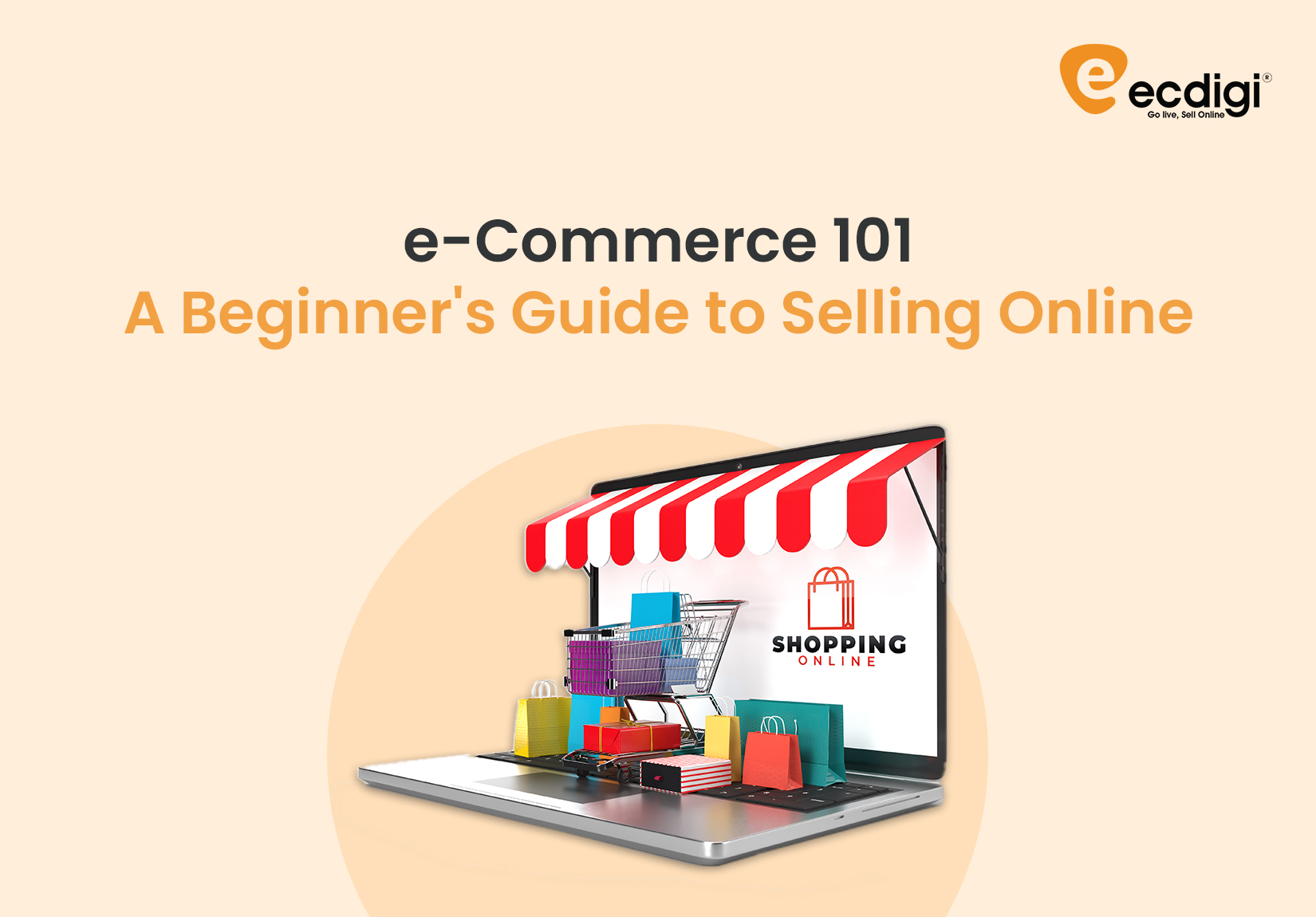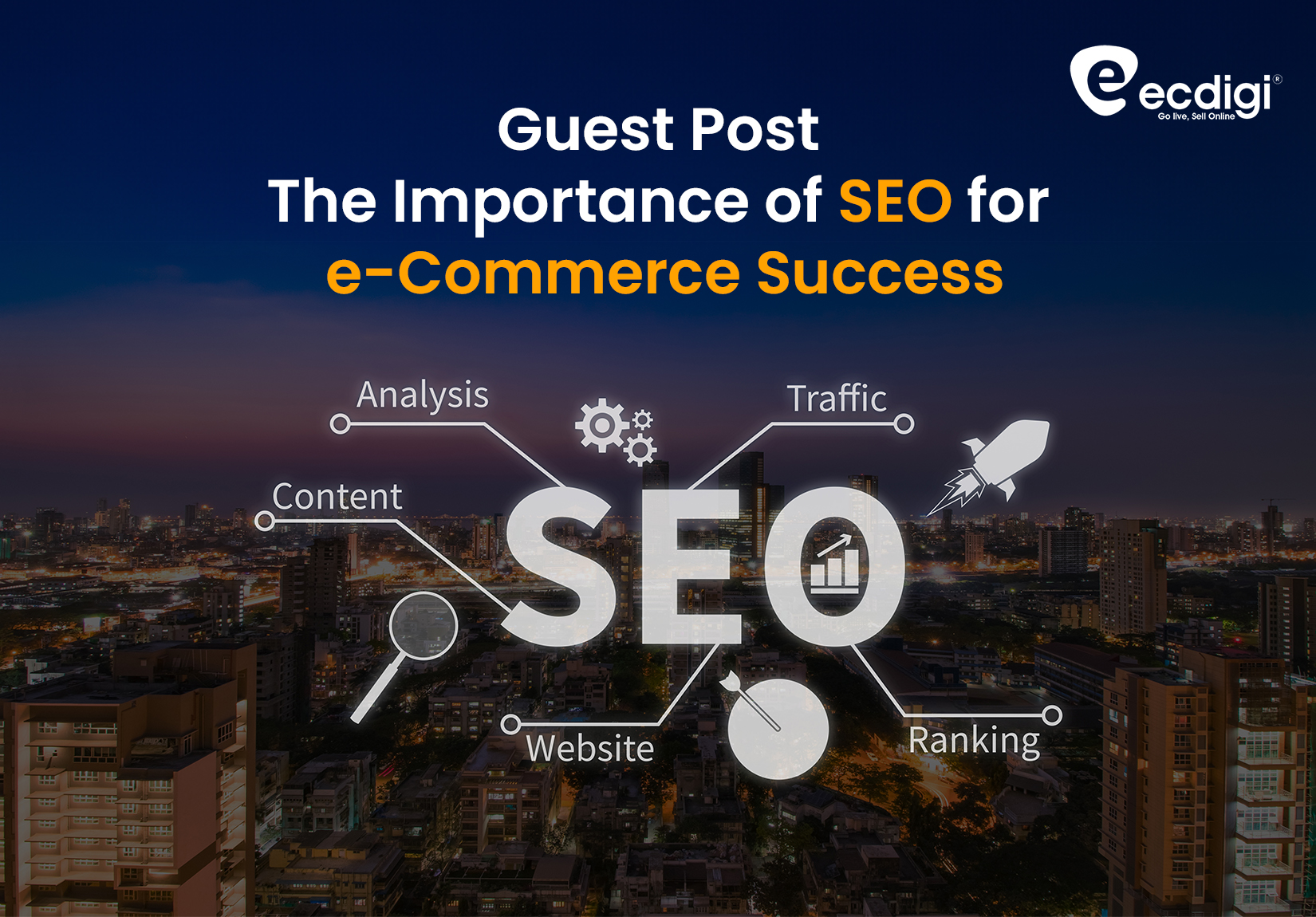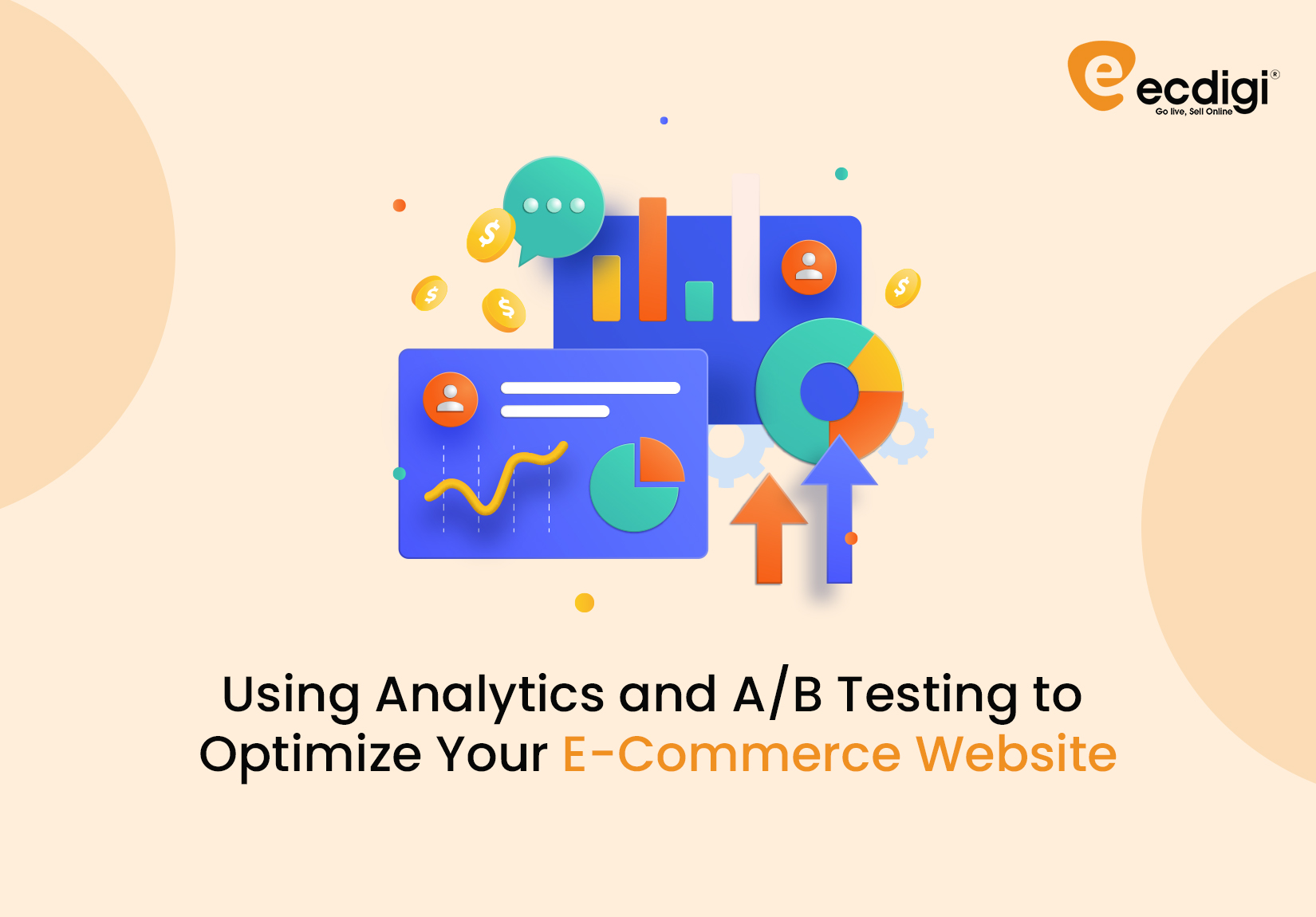Drive Sales with e-Commerce SEO
e-Commerce SEO | 28 March, 2024
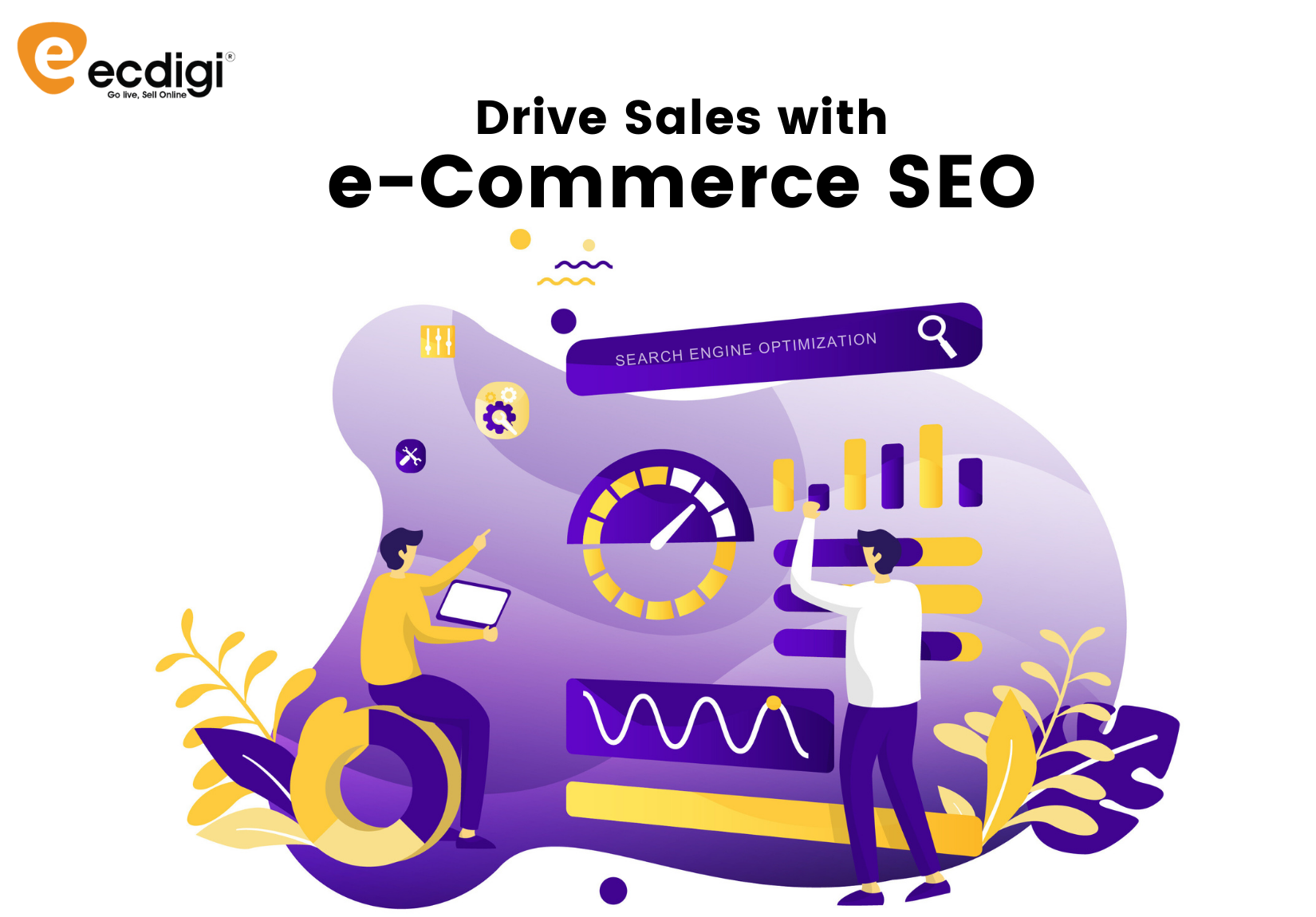
Welcome to the world of e-Commerce, where the competition is fierce, and the stakes are high. In today's digital marketplace, having a well-designed website and high-quality products is only half the battle. To succeed in the highly competitive landscape of online retail, you need to ensure that your target audience can find you easily amidst the sea of competitors. That's where the role of e-Commerce SEO comes in.
What is e-Commerce SEO?
Search Engine Optimisation (SEO) is the practice of optimizing your website to appear higher in search engine results pages (SERPs) for relevant phrases and keywords. In the context of e-Commerce, SEO involves optimizing product pages, category pages, and other elements of your online store to attract more organic traffic and drive sales.
Why is e-Commerce SEO Important?
Simply put, e-Commerce SEO is essential for driving sales and growing your online business. Consider this, the majority of online shopping experiences begin with a search engine query. Whether it's researching product options, comparing prices, or reading reviews, consumers turn to search engines like Google to find what they're looking for. By optimizing your website for relevant search queries, you can increase your visibility and attract more potential customers to your online store.
Moreover, organic search traffic tends to have higher conversion rates compared to other channels. When users find your website through a search engine, they're often actively looking for products or solutions to their needs, making them more likely to make a purchase. By ranking higher in search results, you can capture more of this valuable traffic and convert it into sales.
How to Drive Sales with e-Commerce SEO
Now that we understand the importance of e-Commerce SEO let's explore some strategies to help you drive sales and boost revenue for your online store:
1. Keyword Research
Keyword research is a key component of every effective SEO strategy. Begin by researching relevant keywords and phrases that your target audience is likely to use when looking for products in your niche. Use tools like Google Keyword Planner, SEMrush, or Ahrefs to discover high-volume keywords with moderate to low competition.
Once you've compiled a list of keywords, prioritize them based on relevance, search volume, and competition. Focus on long-tail keywords that are specific to your products or categories, as they tend to have lower competition and higher conversion rates.
2. On-Page Optimization
Optimize your product pages and category pages for target keywords to improve their visibility in search results. This involves optimizing meta titles, meta descriptions, headings, and body content with relevant keywords.
Additionally, optimize product images by using descriptive filenames and alt tags to help search engines understand the content of the images. Including user-generated content such as product reviews and ratings can also improve on-page engagement and signal trustworthiness to search engines.
3. Technical SEO
Technical SEO refers to the optimization of website infrastructure and code to improve crawlability, indexability, and site speed. Ensure that your website is mobile-friendly and loads quickly on all devices, as mobile-friendliness is a significant ranking factor for Google.
Other technical aspects to consider include optimizing site structure, implementing schema markup for product information, and fixing any crawl errors or broken links. Monitor the performance of your website on a regular basis with tools such as Google Search Console, and address any technical issues promptly.
4. Content Marketing
Content marketing is another powerful strategy for driving e-Commerce sales through SEO. Create high-quality, informative content such as blog posts, buying guides, tutorials, and product reviews to attract and engage your target audience.
Optimize your content for relevant keywords and include internal links to product pages to drive traffic and improve search rankings. Encourage user-generated content such as product reviews and testimonials to enhance social proof and credibility.
5. Link Building
Building high-quality backlinks from authoritative websites is crucial for improving your website's authority and relevance in the eyes of search engines. Reach out to relevant bloggers, influencers, and industry publications to secure guest blogging opportunities or product reviews.
Additionally, leverage social media platforms to promote your content and attract natural backlinks from engaged audiences. Monitor your backlink profile using tools like Moz's Link Explorer or Ahrefs' Site Explorer and disavow any spammy or low-quality backlinks that could harm your website's reputation.
Last Line
e-Commerce SEO is a powerful tool for driving sales and growing your online business. By optimizing your website for relevant keywords, providing valuable content, and building high-quality backlinks, you can improve your online visibility and attract more potential customers to your online store. Remember to stay updated on the latest SEO trends and best practices to ensure long-term success in the ever-evolving world of e-Commerce.











